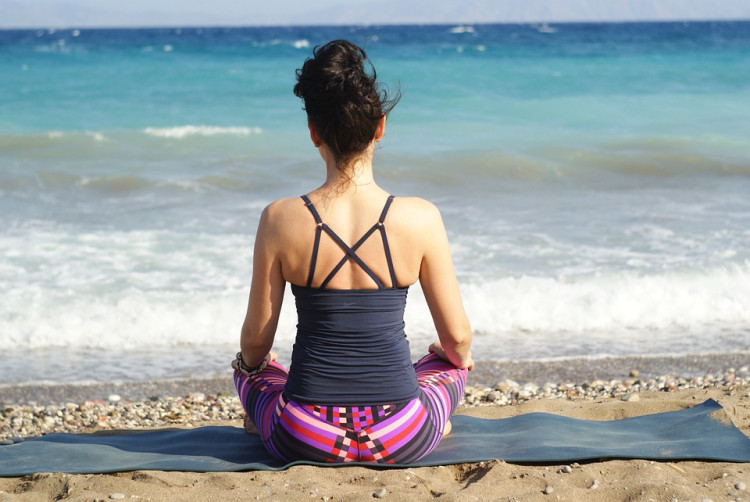Mindlessness is the opposite of mindfulness, which is believed to be just as beneficial to our emotional and physical well-being and much easier to practice. Dr. Joyce Chao, a clinical psychologist at Dimensions Centre in Hong Kong's Central district, described mindlessness as not paying attention to what you're doing and being intentionally mindless can be helpful as well.
She said mindlessness works when we allow our mind to remove the proverbial mental leash, making our mind free and giving it a chance to wander. Medical experts noted "mind-wandering" is beneficial. For instance, a 2012 study - published in the journal Psychological Science - discovered mind-wandering can be a foundation to have creative inspiration, and can even help a person to be a better problem solver.
Another research on that same year - published in the journal Consciousness and Cognition - also found that when we allow our mind to wander, we can improve our ability to prioritize our long-term goals rather than our short-term wants. That means "mind-wandering" allows us to look at the "big picture" to make a better plan for the future.
"Intentional mindlessness is a healthy disengagement from whatever we are doing," Chao said. "Sometimes, creating distance or disengaging from something can be good for you. By freeing up mental space and allowing your mind to wander, you can make room for creative thought."
According to the South China Morning Post, mindlessness also helps us to be engaged in activities that are usually repetitive, not emotionally taxing, and monotonous - such as running, folding laundry, cooking, or organizing our desk.
Heather Salenger said she allows herself to have a "mental break" by engaging to some mindless activities. She usually "zones out" by making origami animals or flowers, by flipping through tabloid magazines, and petting her cats. She said these activities do not need to have a lot of focus, so she can let her mind daydream.
"When I'm done, I find that creative ideas come to be better, I'm more alert and energetic, and I feel so much more relaxed," she said.
Meanwhile, for Vera Koh, baking and cooking help her to relieve emotional stress as she believed doing such activities allow her to disengage herself mentally and to unwind.
But still, although there are no fast and hard rules in practicing mindlessness, it's still important to remember the concept is not similar to the inability to be mindful. Chao noted that the benefits of mindlessness depend on several factors, from how frequently and intensely it is used to the context it is used.






